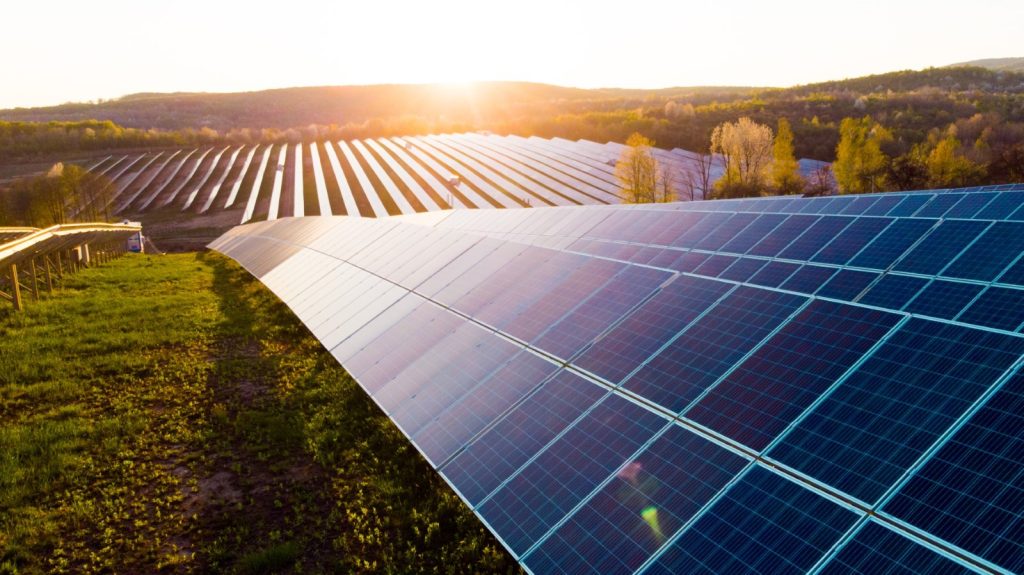Fasteners are integral to a wide range of construction and DIY applications, providing the strength and reliability needed to secure materials together. From screws and bolts to nails and anchors, these small but mighty components play a crucial role in ensuring structural integrity. This article delves into the different types of fasteners, their uses, and the importance of selecting the right fastener for your project, while also touching on the benefits of incorporating geocomposite materials in construction.
What are the different types of fasteners available?
Fasteners include screws, bolts, nuts, washers, nails, and anchors. Each type serves specific purposes and offers various strengths and features suited for different applications.

How do I choose the right fastener for my project?
Consider the materials you’re working with, the load requirements, and the environmental conditions. Stainless steel fasteners are ideal for outdoor projects, while plastic anchors may work better for lighter applications.
Why are fasteners important in construction?
Fasteners ensure the structural integrity of buildings and projects by securely holding materials together, preventing separation and failure under stress.
How do geocomposite materials relate to fasteners?
Geocomposites, often used in civil engineering, can enhance the performance of fasteners by providing additional support and stabilization in applications like retaining walls or drainage systems.
Fasteners are indispensable components in construction and DIY projects, offering the necessary strength and security for various applications. Understanding the different types and their specific uses is crucial for any builder or enthusiast. Incorporating materials like geocomposite can further enhance the effectiveness and durability of fastener systems, ultimately contributing to a more reliable structure.